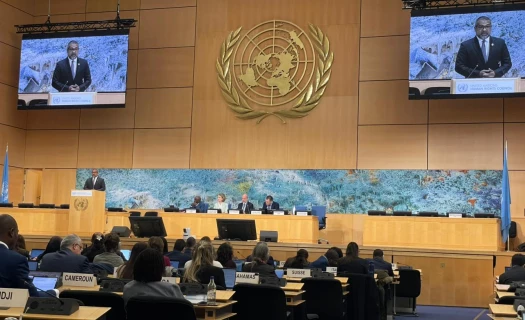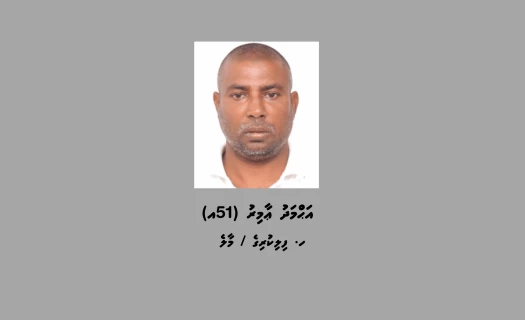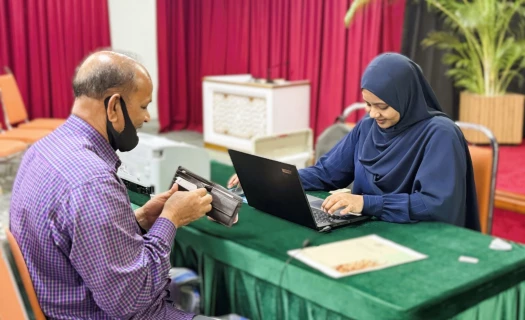MDP grapples with existential crisis: Internal fractures or external forces at play?

Following a resounding defeat in the 20th parliamentary elections, the Maldivian Democratic Party (MDP) finds itself plunged into a tumultuous period of introspection and soul-searching.
The aftermath of the election has sparked intense debate, particularly on social media platforms, as party members and observers alike dissect the root causes of MDP's electoral debacle.
At the center of this maelstrom is a poignant question: is the Maldivian Democratic Party truly broken, or has it been torn asunder by external influences and internal dissent?
This existential crisis has laid bare the deep-seated divisions within the party, threatening to unravel its very fabric.
The catalyst for this reckoning was a post made by MDP Chairperson Fayyaz in the wake of the election results, expressing gratitude to supporters and extending congratulations to the victorious People’s National Congress (PNC).
However, far from fostering unity, this message ignited a firestorm of criticism and recrimination within MDP ranks.
Amidst the finger-pointing and blame-shifting, one narrative emerges with striking clarity: a sense of disillusionment and betrayal among party faithfuls.
Many members have directed their ire towards Chairperson Fayyaz and former President Solih, accusing them of presiding over a party adrift in a sea of internal strife and external interference.
For some, the fault lines within MDP trace back to longstanding tensions between former President Nasheed and Solih, exacerbated by perceived lapses in leadership and governance. Allegations of pandering to foreign interests at the expense of national sovereignty have further eroded public trust in the party's integrity.
As the dust settles on the electoral battlefield, MDP stands at a crossroads, grappling with profound questions about its identity and purpose.
The road ahead is fraught with challenges, but also opportunities for renewal and redemption.
The fate of the Maldivian Democratic Party hangs in the balance, its future uncertain but its spirit undaunted.
Amid the post-election turmoil, diverging perspectives emerge regarding the root causes of the Maldivian Democratic Party's (MDP) electoral downfall.
Some voices within the party attribute the defeat to internal fissures and leadership failures, particularly spotlighting former President Solih and his administration's alleged departure from MDP's founding principles.
On the other hand, a chorus of dissenters contends that MDP's decline stems from a broader disillusionment among citizens, who grew weary of perceived undemocratic practices and compromises on national sovereignty. Critics point to instances where MDP leadership seemingly prioritized foreign interests over domestic concerns, eroding trust among the electorate.
Reflecting on the party's tumultuous tenure, disillusioned members question the efficacy of MDP's governance, lamenting unfulfilled promises and missed opportunities for progress.
The specter of past betrayals, including the abrupt downfall of Nasheed's presidency due to a coup, looms large, leaving many to ponder the party's trajectory.
As MDP grapples with its existential crisis, attention turns to its erstwhile leaders, Nasheed and Solih, once hailed as champions of democracy.
Now, they find themselves relegated to the annals of Maldivian political history, their legacies tarnished by electoral defeat and internal discord.
In the wake of this seismic shift, calls for rejuvenation echo within MDP's ranks, advocating for fresh faces and renewed commitment to core values.
The party stands at a crossroads, its future uncertain yet ripe with potential for reinvention.
Only time will tell whether MDP can reclaim its former glory or whether its decline marks the end of an era in Maldivian politics.
However, there is an overwhelming consensus among members that Solih and Nasheed must bear the brunt of responsibility for the catastrophic decline of MDP.














